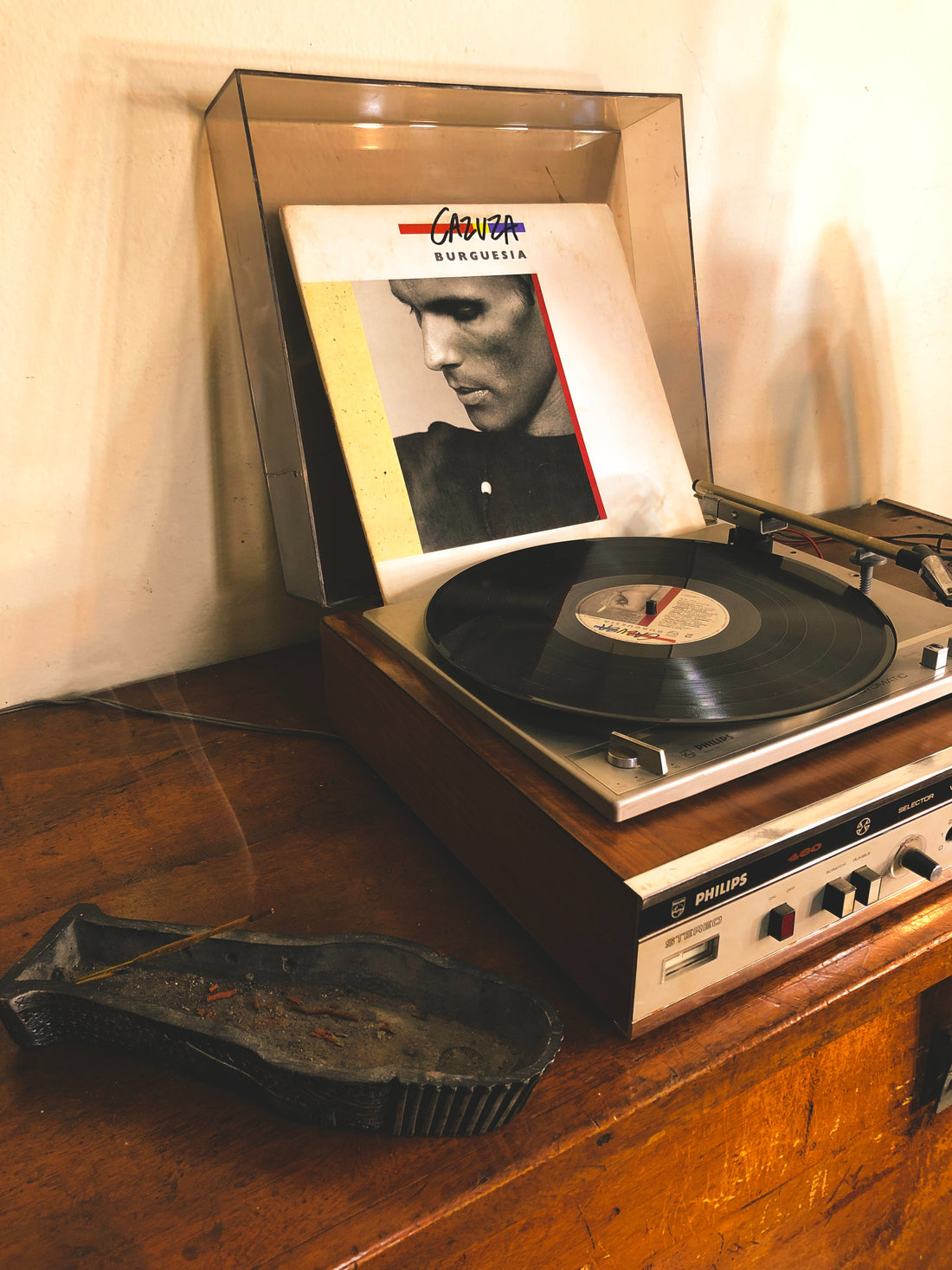Introduction
The resurgence of vinyl records has led to a renewed interest in this classic medium, with enthusiasts cherishing their record collections for their unique sound and nostalgic appeal. A question that often arises is, "how long do vinyl records last?"
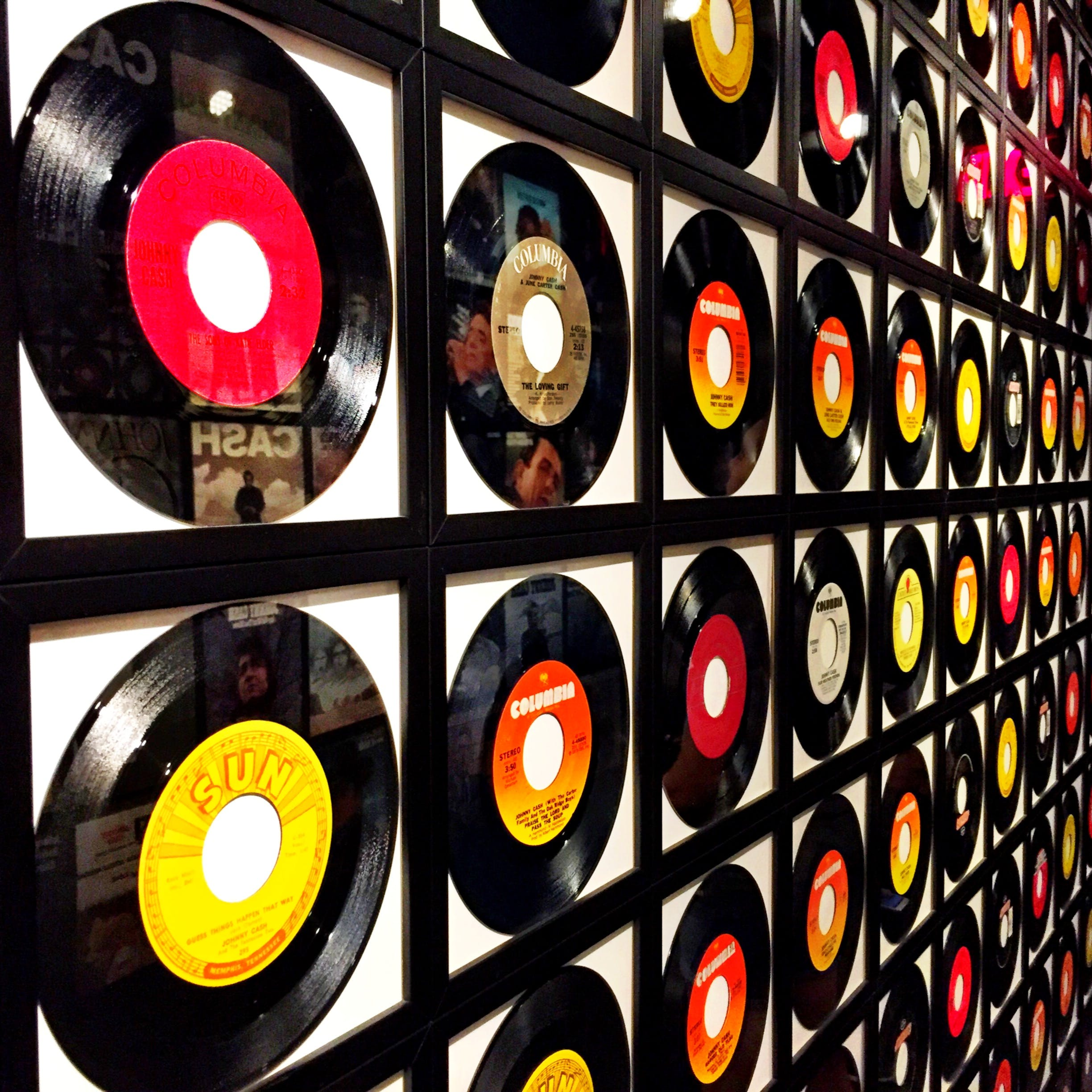
While there's no definitive expiration date, the lifespan of vinyl records is largely dependent on how they're cared for. This article delves into the lifespan of vinyl records and provides tips on how to extend it.
Understanding Vinyl Records
Vinyl records, made from polyvinic chloride (PVC), have always held a special place in the hearts of music fans around the globe. Their existence dates back to the early 20th century, and they have managed to endure the test of time, surviving the rise of cassettes, CDs, and digital music.
Despite the convenience offered by modern digital music platforms, many audiophiles and music enthusiasts still prefer the unique, rich, and warm sound quality that only a vinyl record can offer. This is because vinyl records provide an analog sound, audio quality which is considered superior by many as it captures the original waveforms of the recorded music, resulting in a more natural and true-to-life sound.
Moreover, the experience of playing a vinyl record is unparalleled. The ritual of removing the record from its sleeve, placing it on the turntable, gently dropping the needle, and savoring the soft crackling sound before the music begins, adds a tangible element to the music-listening experience that's lost in the digital realm.
In addition to the sound quality, vinyl records offer larger cover art, often featuring stunning visuals and design elements. For many collectors, this artwork is just as important as the music contained within, making each record a piece of art in its own right.

Special editions and new releases on vinyl continue to feed the passion of turntable enthusiasts and collectors worldwide. Record labels often release limited edition vinyls with exclusive artwork, colored vinyl, bonus tracks, or other collectible features, adding to their appeal.
The vinyl revival has led to the resurgence of record stores and vinyl sections in music shops, creating a community of vinyl lovers who share recommendations and enjoy the thrill of hunting for rare finds.
Vinyl records offer a unique combination of superior sound quality, tactile pleasure, visual appeal, and a sense of community.
These factors contribute to their enduring popularity, ensuring they remain a beloved medium for music fans worldwide.
Also check out: If you're curious about the resurgence of vinyl records and the modern-day enthusiasts who cherish them, dive into this insightful article on the modern-day vinyl enthusiast to uncover what's fueling this analog revival.
How Long Do Vinyl Records Last?
Under ideal circumstances and with proper care, vinyl records can last an impressive 100 years or more.
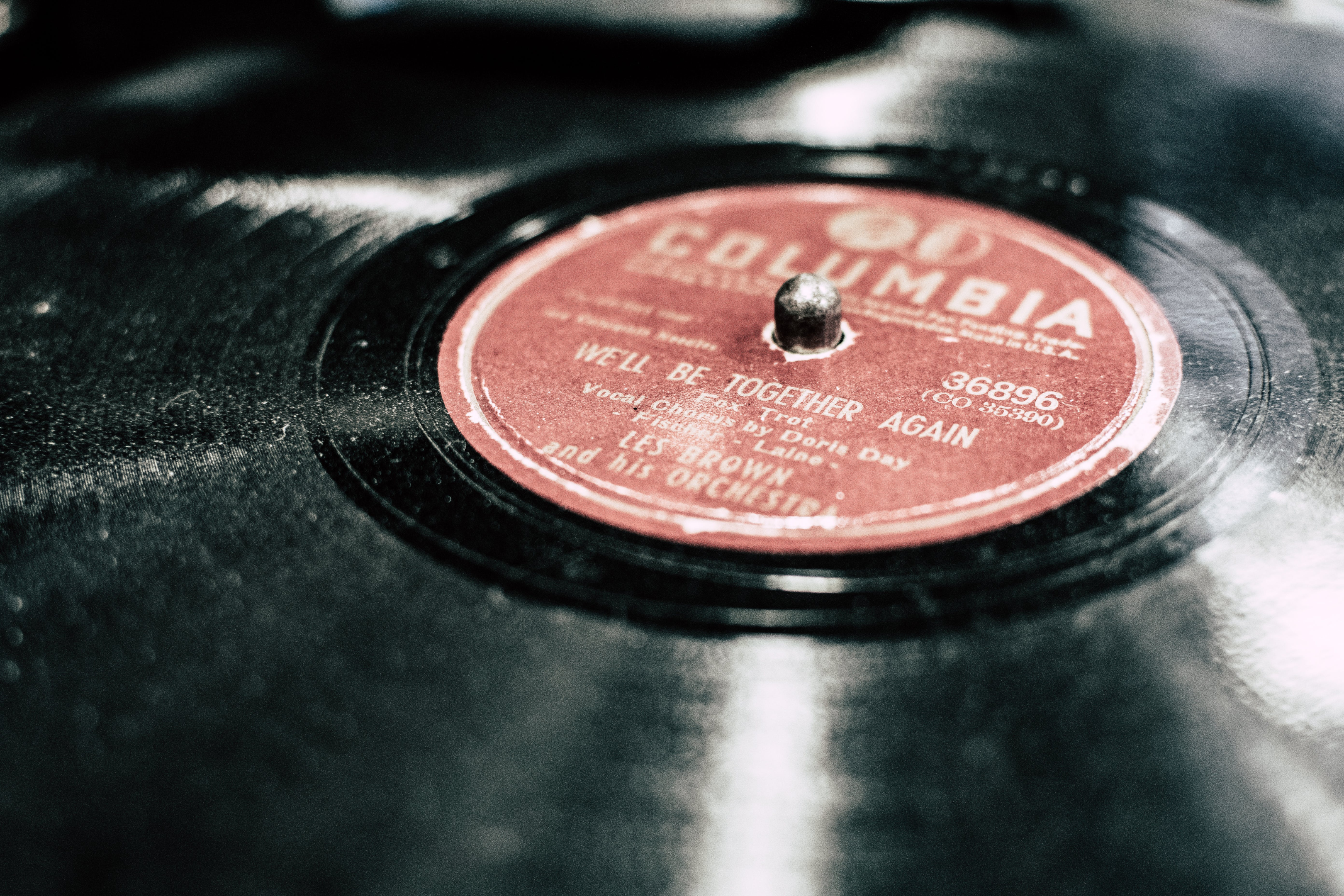
However, various factors such as UV exposure, high humidity levels, and improper handling can significantly reduce a record's working years.
The Durability of Vinyl Records
Vinyl records, despite being made of polyvinyl chloride (PVC), a material known for its durability, are not immune to the effects of wear and tear. This is primarily due to their unique construction and the nature of their use.
The sound on a vinyl record is encoded in delicate grooves that spiral towards the record's center. These grooves are incredibly fine – the stylus, or needle, that reads these grooves vibrates to create electrical signals, which are then amplified to produce the music we hear.
Because these grooves are so delicate, they can easily be damaged by mishandling, improper storage, or even just repeated play. Dust particles or dirt can get lodged in the grooves and cause scratches when the record is played. Even the pressure exerted by the stylus can, over time, lead to what's known as 'groove wear', causing the sound quality to degrade.
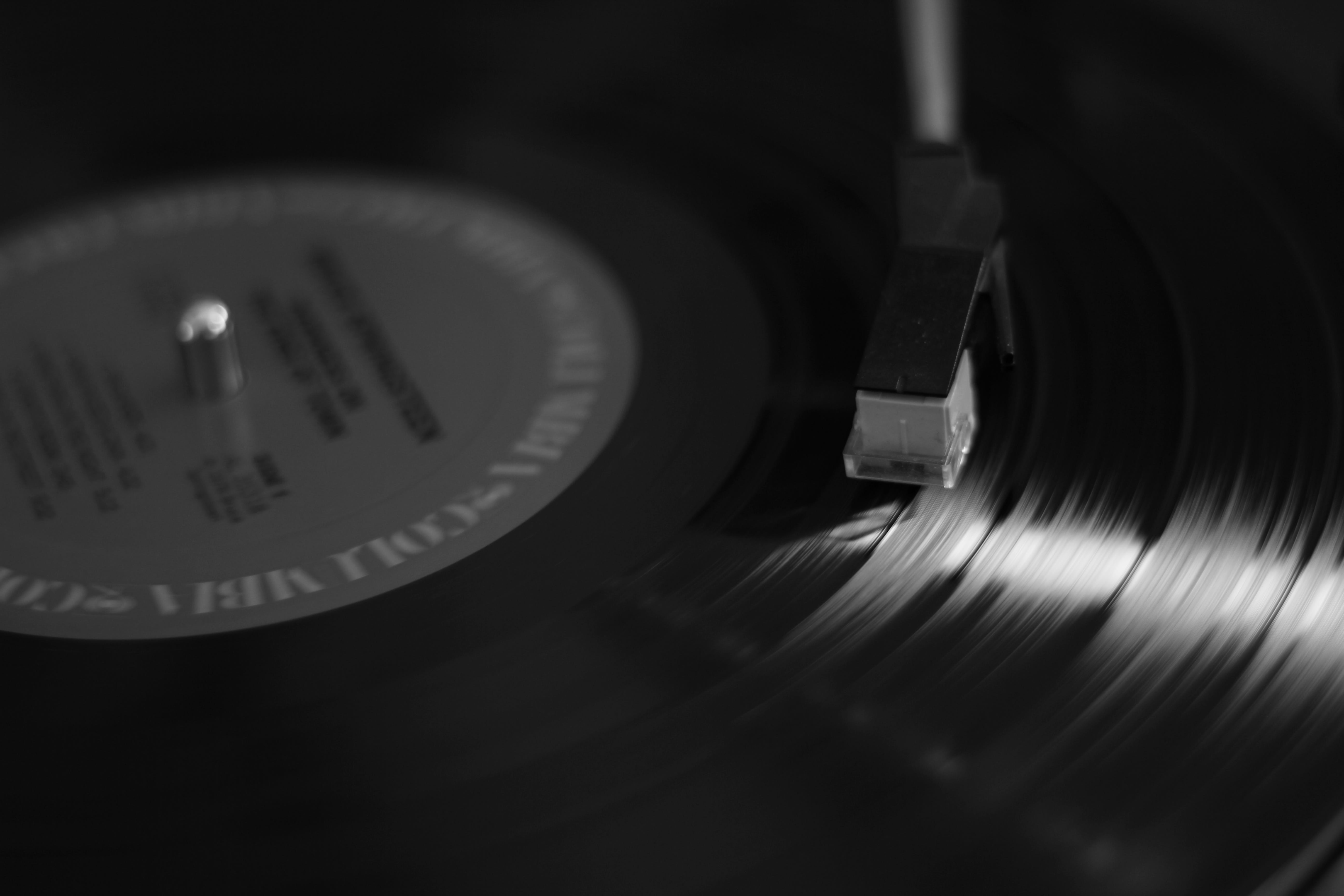
A damaged groove can result in a number of audio issues, from minor disturbances like pops and crackles to more significant problems like skipping or repeating sections. In severe cases, the damage could be so extensive that the record becomes unplayable.
However, it's important to note that with careful handling and proper storage, vinyl records can maintain their sound quality and play beautifully for a very long time. This involves cleaning the records regularly, storing and properly caring for them correctly, ensuring the turntable and stylus are in good condition, and handling the records with care to avoid scratches or other physical damage.
Understanding the fragility of vinyl records and treating them with the respect they deserve is crucial in preserving these precious pieces of music history. With a little effort, your vinyl collection can provide a rich, warm, and immersive listening experience for many decades to come.
Why Does the Lifespan of Vinyl Records Matter?
For many individuals, a vinyl collection is more than just a set of records spinning on a turntable. It's a tangible representation of their passion for music and often serves as a timeline of their personal journey and evolution as a music enthusiast.
Each record in a collection is a carefully curated selection that reflects the owner's musical taste, nostalgia, and personal memories associated with specific songs or artists. As such, these collections hold significant sentimental value. The act of collecting, curating, and playing vinyl records can evoke a sense of nostalgia, bringing back memories associated with different periods of one's life. This emotional connection to the music makes the listening experience deeply personal and enriching.
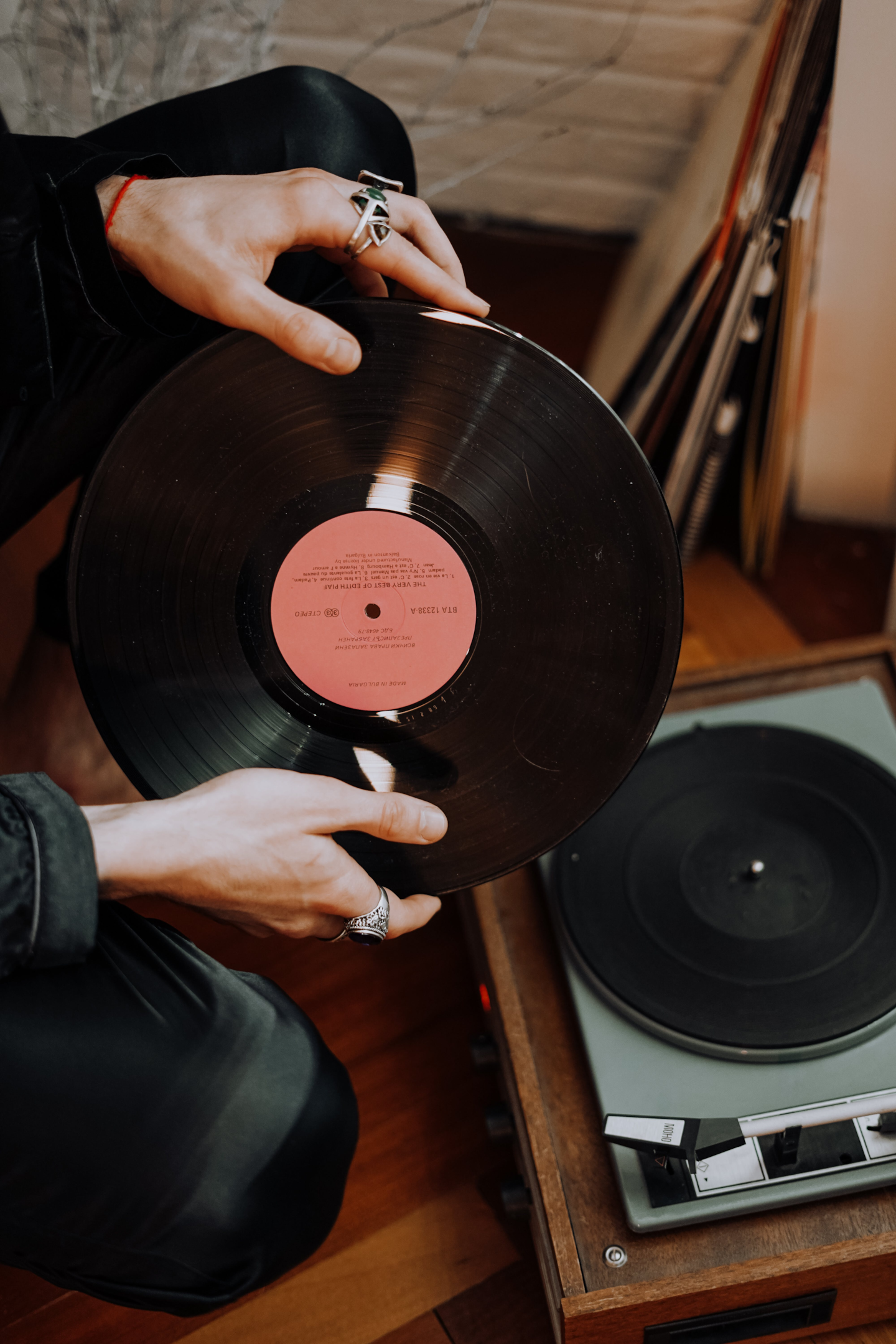
Beyond the sentimental aspect, vinyl records also hold cultural value. They serve as artifacts of musical history, preserving the works of past and present artists in a physical format. In an era where digital streaming has become the norm, vinyl records offer a tangible connection to the music and the artists who created it. They capture the richness and depth of sound that digital formats often fail to replicate, making them cherished items for music purists and audiophiles.
Vinyl records can carry considerable monetary value. Rare editions, limited releases, and records from iconic artists can be worth a significant amount, especially if they are in good condition. Some collectors view their vinyl records as investments, with the potential for their value to increase over time.
Understanding how long vinyl records can last is crucial for preserving these valuable items for future generations. With proper care and maintenance, a vinyl record can last over a century, allowing it to be passed down across generations. This longevity not only preserves the music but also the sentimental, cultural, and monetary worth embedded in each vinyl record.
Signs of Vinyl Records Wear
Visible signs of vinyl records wear include scratches or scuffs on the record's surface, dust build-up in the record's grooves, and warping.
Listening for skips or repeated sections during play can also indicate groove wear.
Impact of Vinyl Records Wear on Sound Quality
Wear and tear on a vinyl record can have a substantial impact on sound quality. Scratches or dirt build-up can cause pops, clicks, or hissing sounds.
In severe cases, a worn record might skip, repeating certain sections or missing others entirely, detracting from the listening experience.
How to Properly Handle a Vinyl Record
Handling your records properly can make a huge difference in their lifespan. Always hold a record by its edges or the inner label to avoid natural oil from your fingers getting into the grooves.
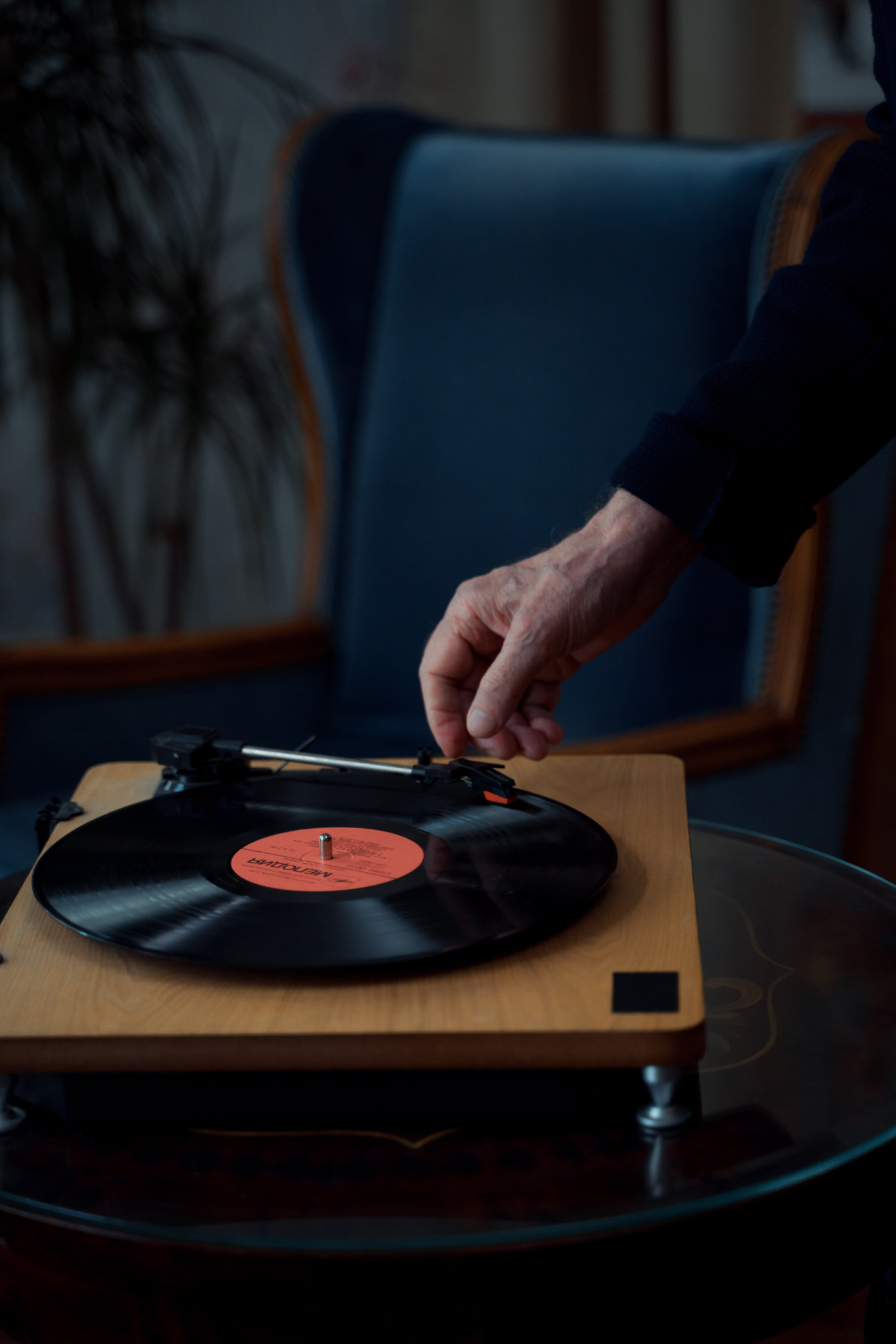
Use an anti-static brush to clean the record before and after each play.
Cleaning Your Vinyl Records: A Key to Longevity
Keeping your records clean can dramatically improve their lifespan and sound quality. Regular cleaning of vinyl storage prevents dust and dirt build-up that can cause irreversible damage to the record's grooves.
There are various tools available, from simple brushes to professional cleaning kits, to assist in this task.
Also check out: If you're a vinyl record enthusiast looking for an effective way to keep your collection in pristine condition, you'll want to learn about the Benefits of Using an Ultrasonic Cleaner for Vinyl Records.
Storage Tips for Vinyl Records
Proper storage is critical for maintaining your vinyl's longevity. Store records vertically and avoid stacking them, which can lead to warping.
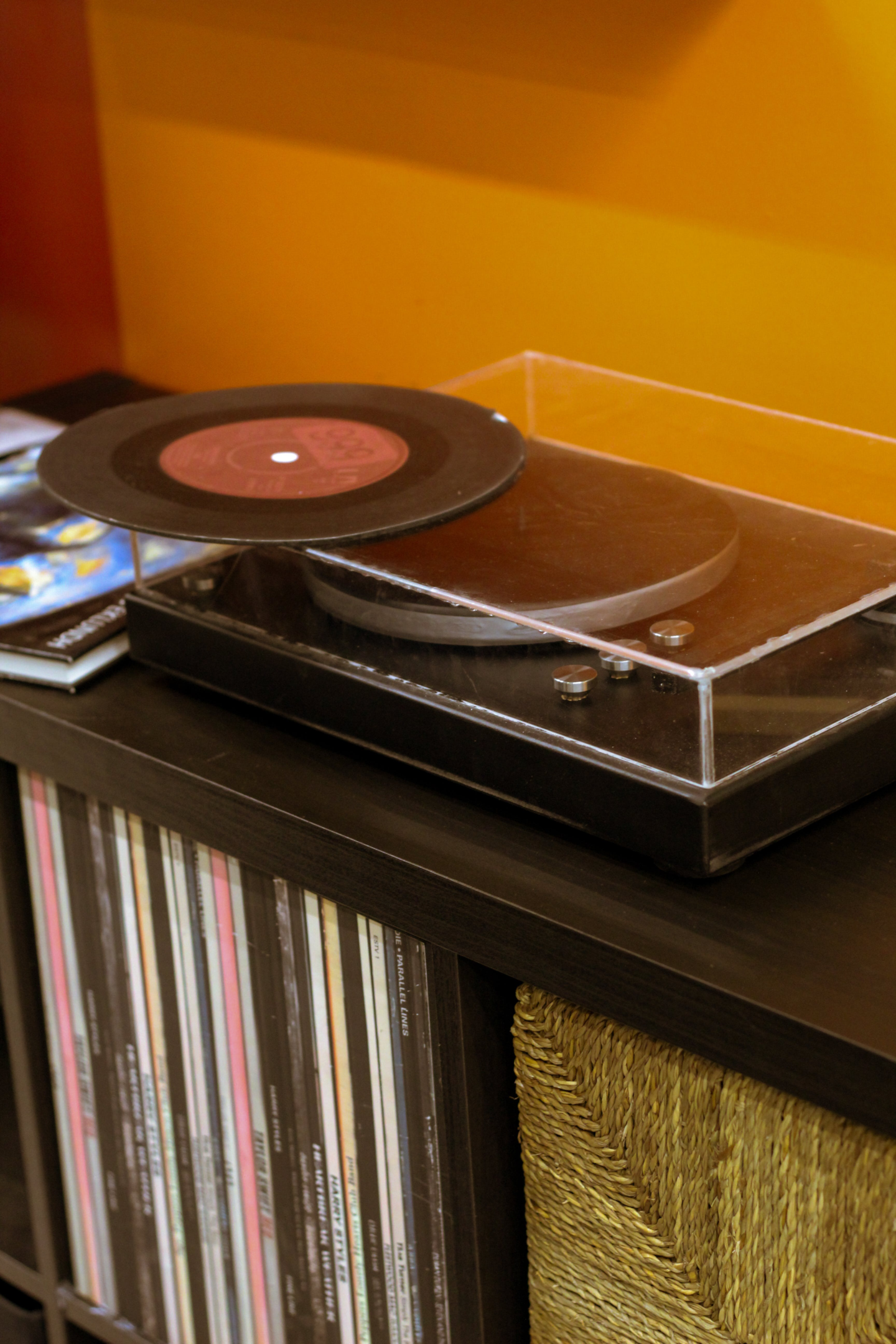
Keep and store them away from direct sunlight, high temperatures, and high humidity levels. A good-quality dust cover can protect your records from airborne particles and UV light.
The Role of a Good Turntable in Preserving Vinyl Records
A well-maintained turntable plays a vital role in extending the life of your vinyl.
Ensuring proper set up and alignment of the turntable and tonearm can reduce unnecessary pressure on the record, minimizing groove wear.
Maintaining Sound Quality Over Time
The sound quality of a vinyl record can be maintained over time by regularly cleaning your records and turntable, storing your records appropriately, and replacing worn-out needles.
When to Replace Your Vinyl Record
When a record has sustained significant damage, such as deep scratches or severe warping, it may be time for record player to consider replacing it.
However, with proper care and handling, many records can provide a lifetime of listening pleasure.
Conclusion: Extending the Lifespan of Your Vinyl Records
Vinyl records are a treasure trove of music that, when properly cared for, can last for generations. By understanding the factors and contributing factors to vinyl wear and taking steps to mitigate them, you can ensure your collection continues to spin for decades to come.
